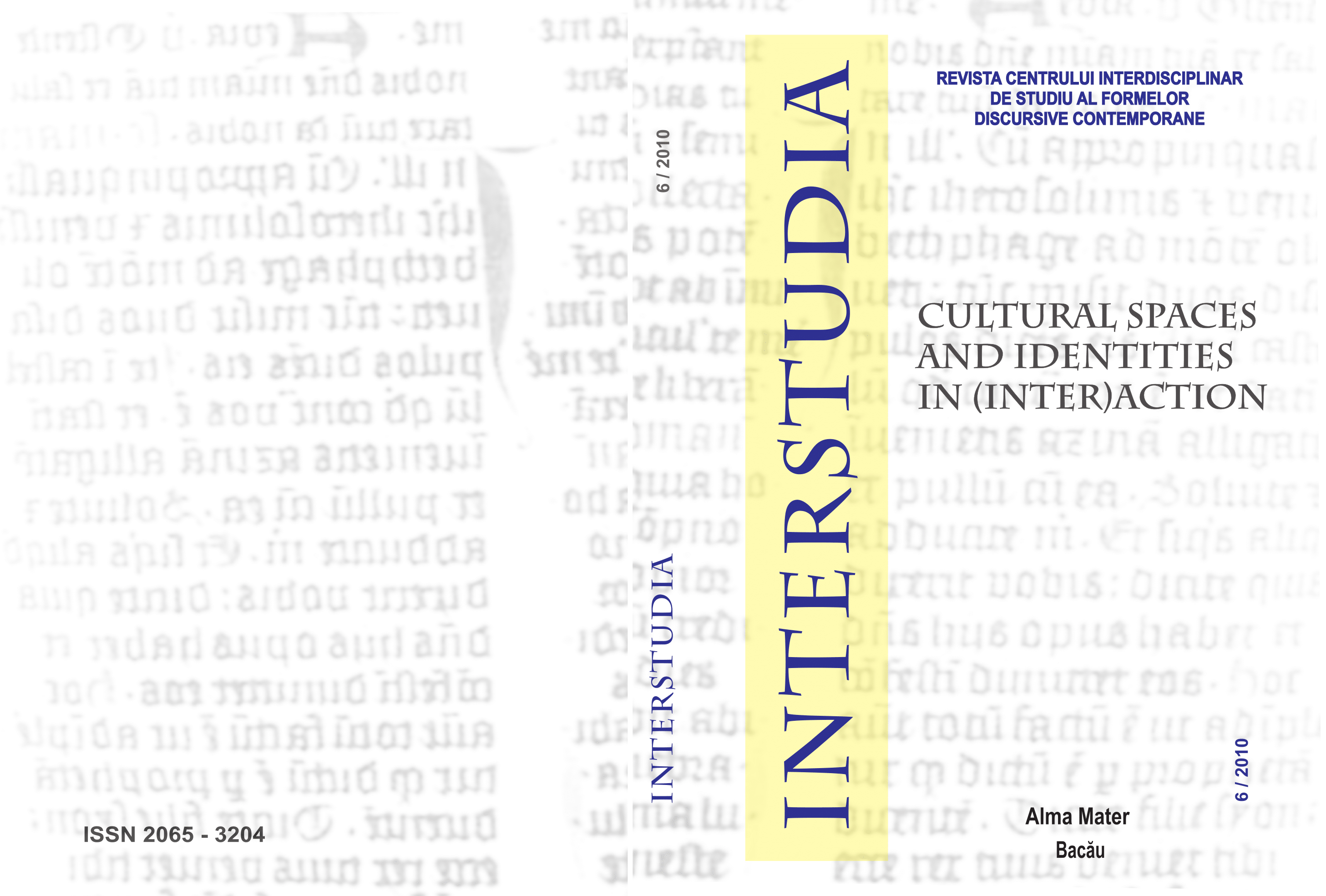METAPHORS AS SIGNS: BETWEEN COGNITIVE ATTITUDES AND COGNITIVE STANDPOINTS
METAPHORS AS SIGNS: BETWEEN COGNITIVE ATTITUDES AND COGNITIVE STANDPOINTS
Author(s): Ariadna Strugielska, Teresa Siek-Piskozub Subject(s): Cultural Essay, Political Essay, Societal Essay
Published by: Editura Alma Mater
Keywords: conceptual metaphors; signs; cognitive attitude/standpoint; dynamic systems
Summary/Abstract: Our article aims at reporting on the study of three educational constructs: “teacher”, “learner”, “classroom”, which are treated by us as semiotic objects. In our study we assume a cognitive linguistics investigating perspective. We collect the data through the tool of metaphors. Adopting the approach and methods proposed within the framework of Lakoff and Johnson’s Conceptual Metaphor Theory, we are going to access metaphorical representations of the cognitive model of education from 3 groups of Polish respondents: students from three Polish regions studying in extramural BA or MA programmes for English teachers. It should be added that although our respondents are currently trained to become teachers of English, many of them have already taught English or another subject. Two kinds of data, conceptual mappings and their entailments, were elicited from the 76 subjects. For the purpose of this article the data were evaluated for coherence with respect to the respondents’ professional background. In other words, we aimed at seeing if the conceptualisations generated by learning and teaching in the predominant prior system of education (before the reform) were modified by being exposed to a new educational experience (influenced by the constructivist paradigm). Before we proceed to description and evaluation of the collected data we will discuss the classic version of Conceptual Metaphor Theory (CMT) which views metaphors as static signs. Our critical evaluation of this approach, which (following Zdzisław Wąsik) we call a cognitive attitude, leads us to suggest an alternative data driven approach, referred to as a cognitive standpoint. We want to demonstrate that metaphors should be viewed as dynamic and changeable patterns, derived from empirical studies, i.e. metaphors as sign-processes.
- Issue Year: 2010
- Issue No: 06
- Page Range: 292-303
- Page Count: 12
- Language: English
- Content File-PDF

